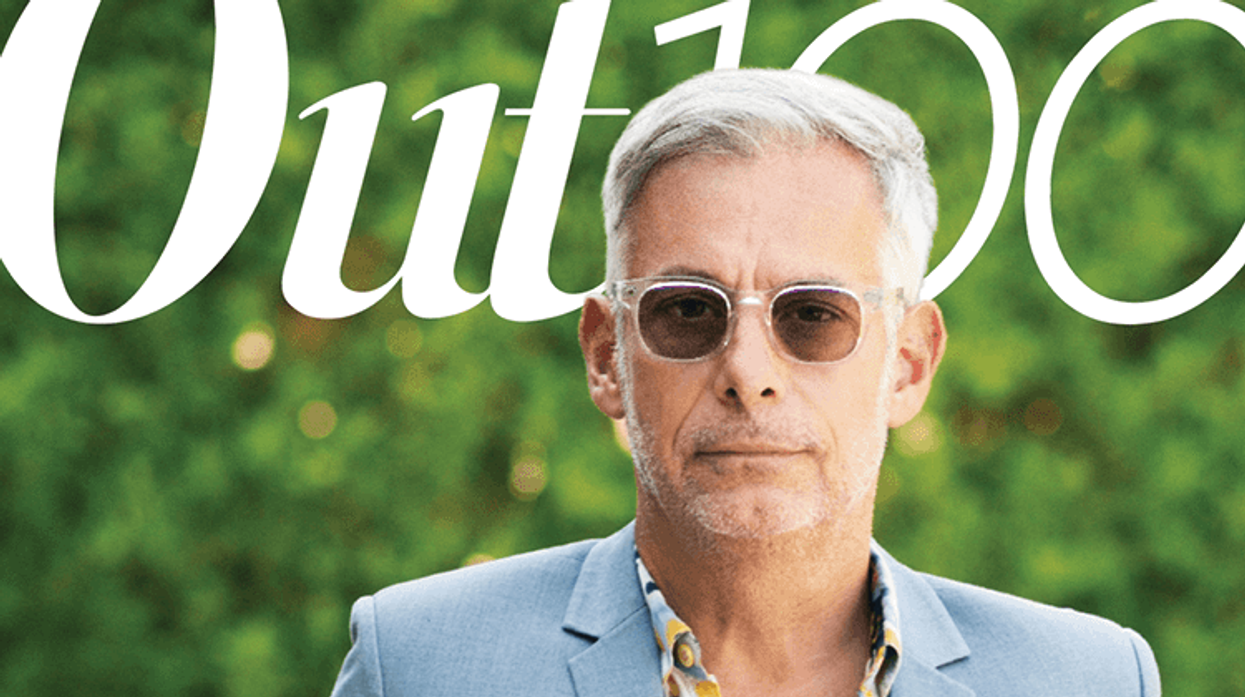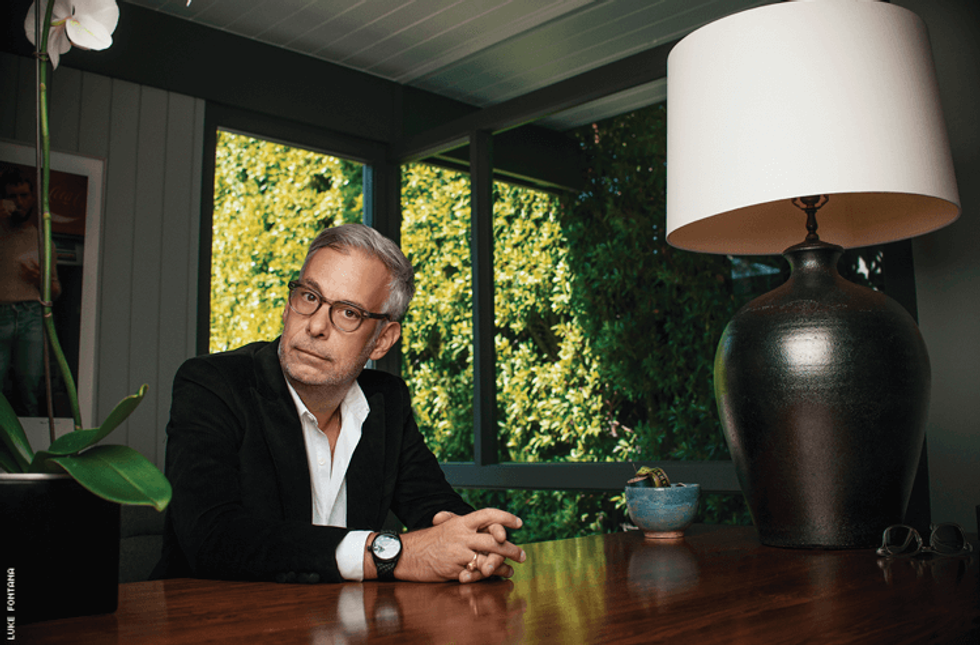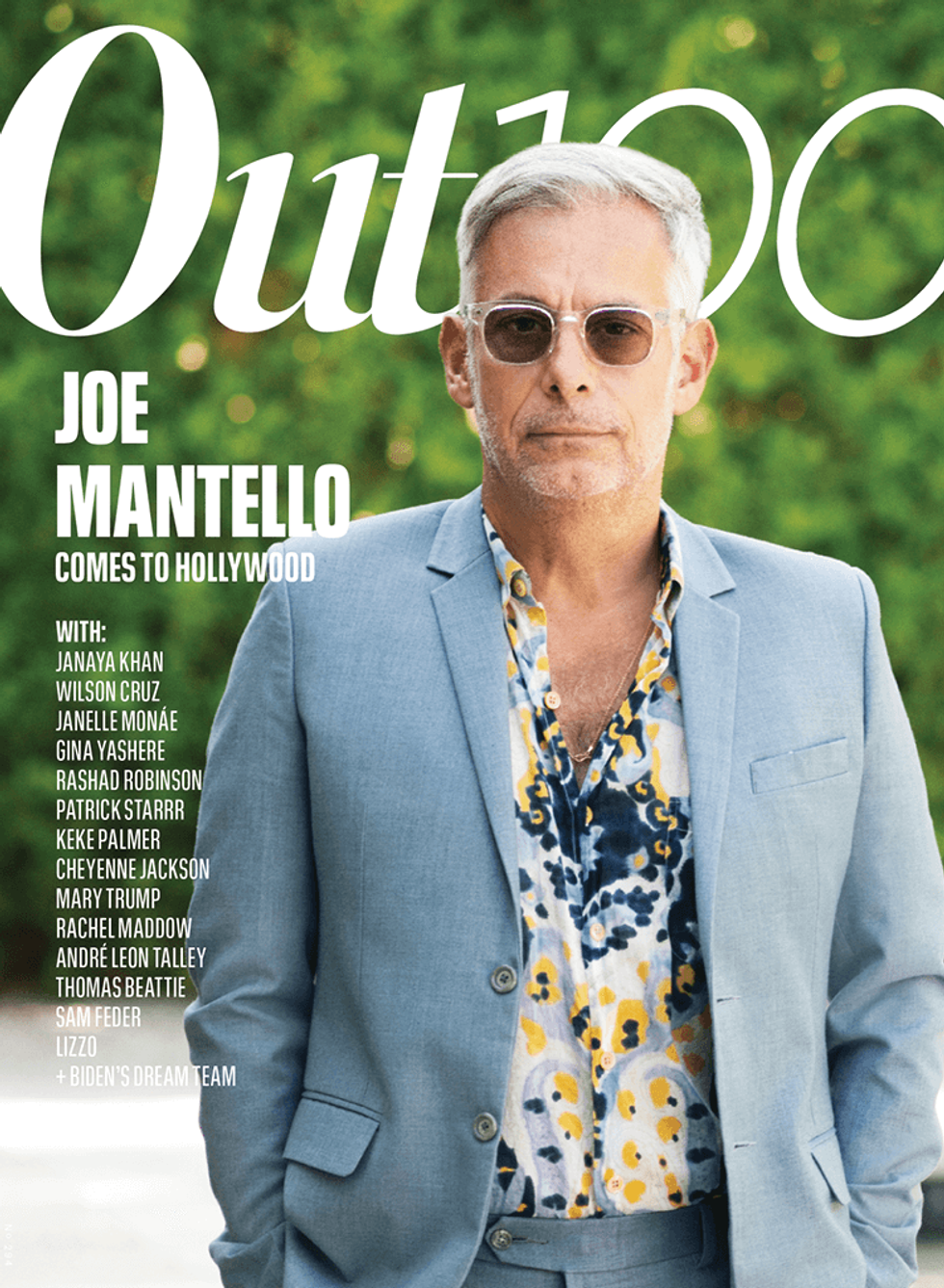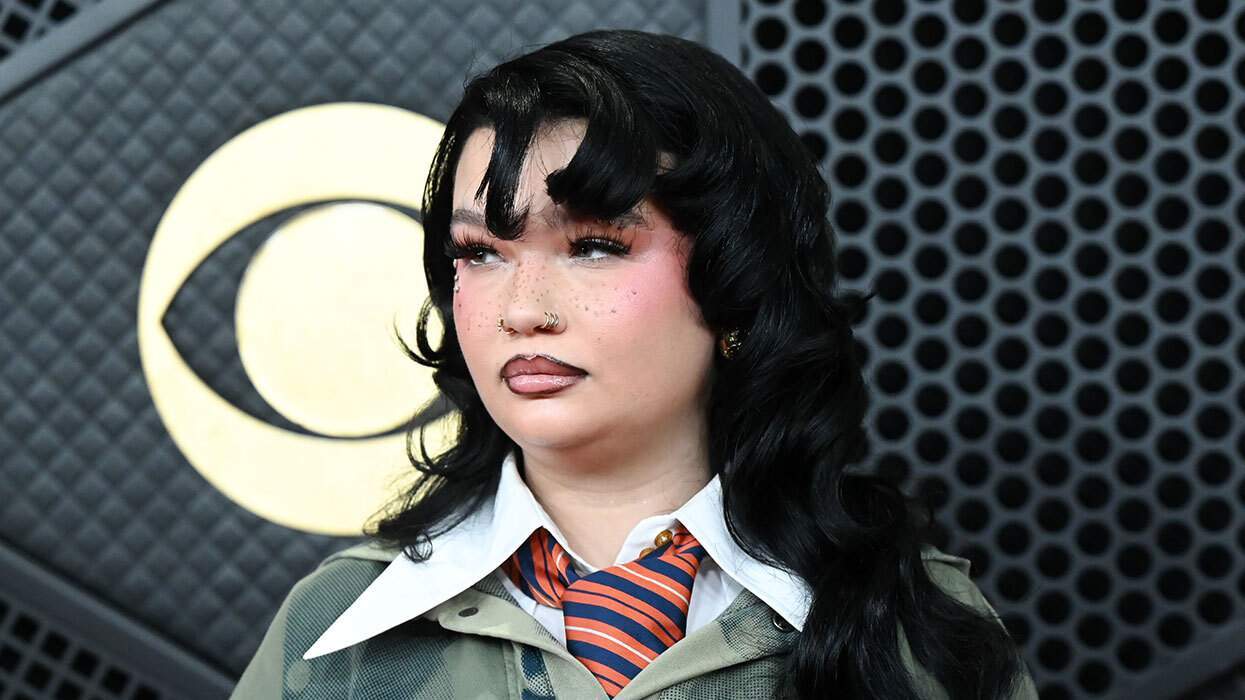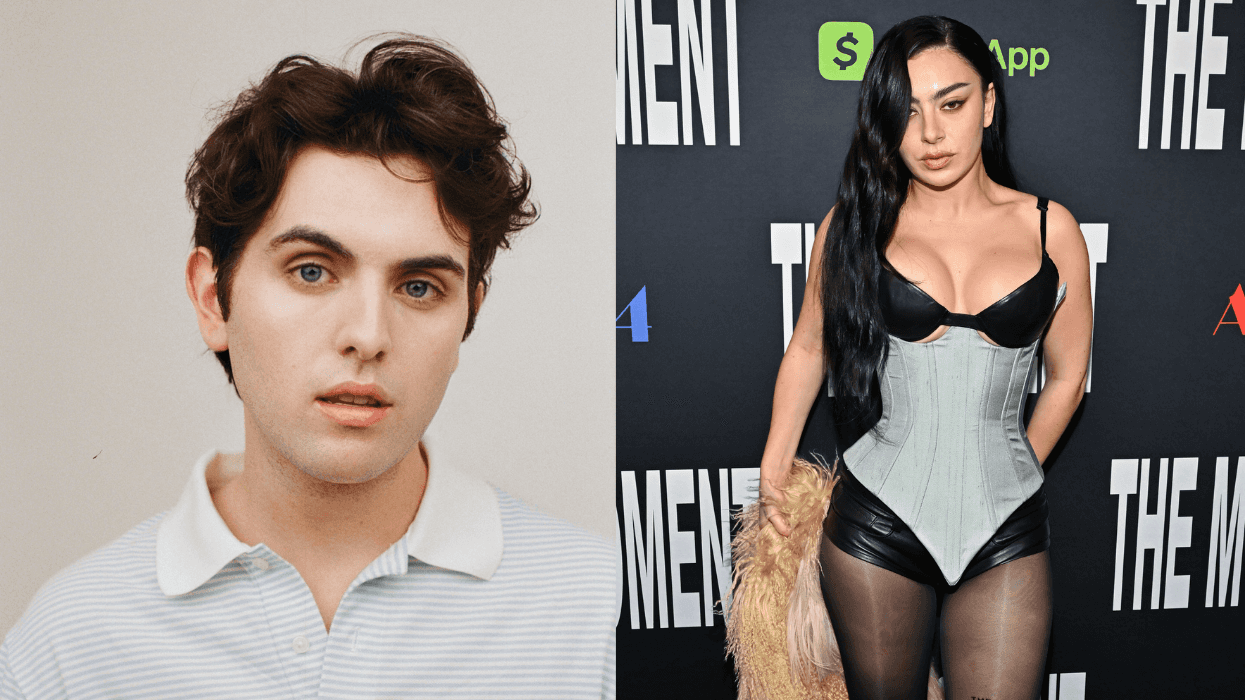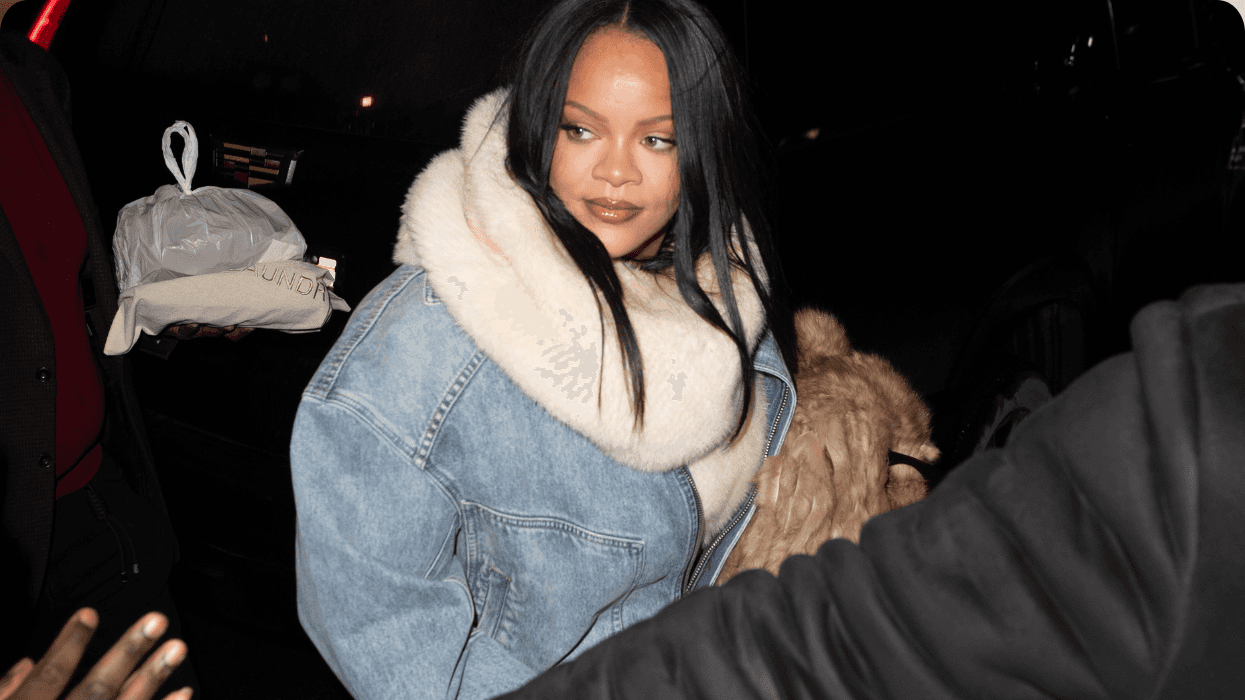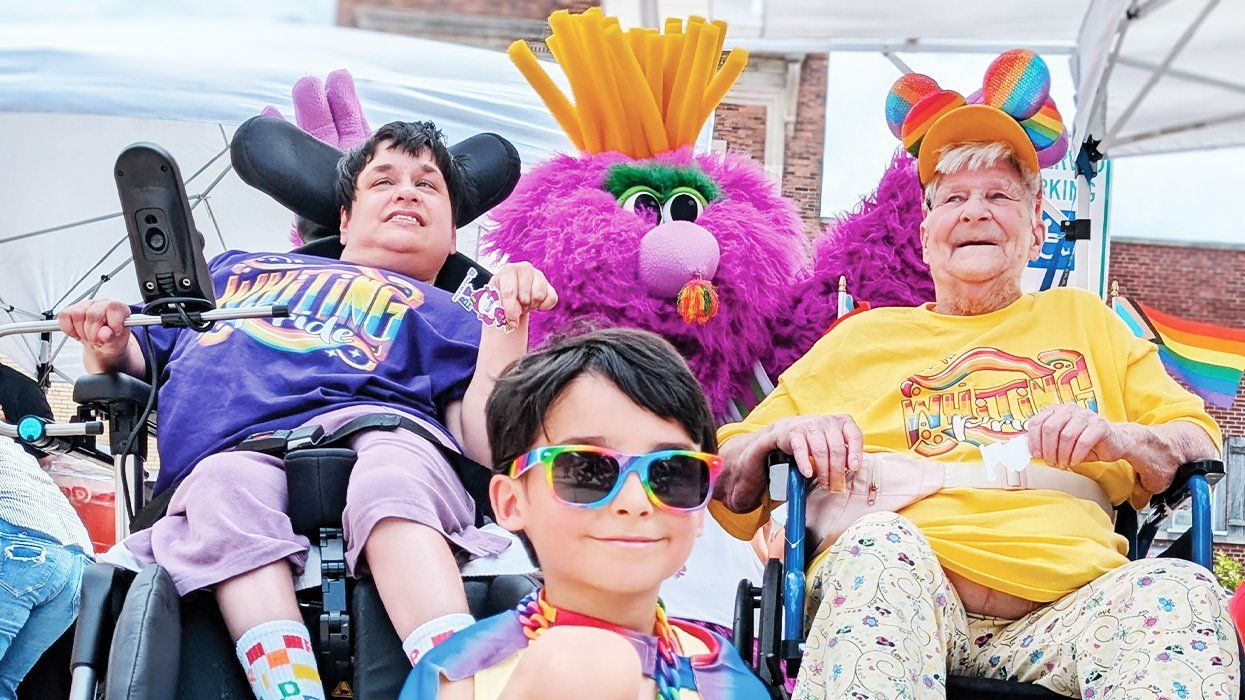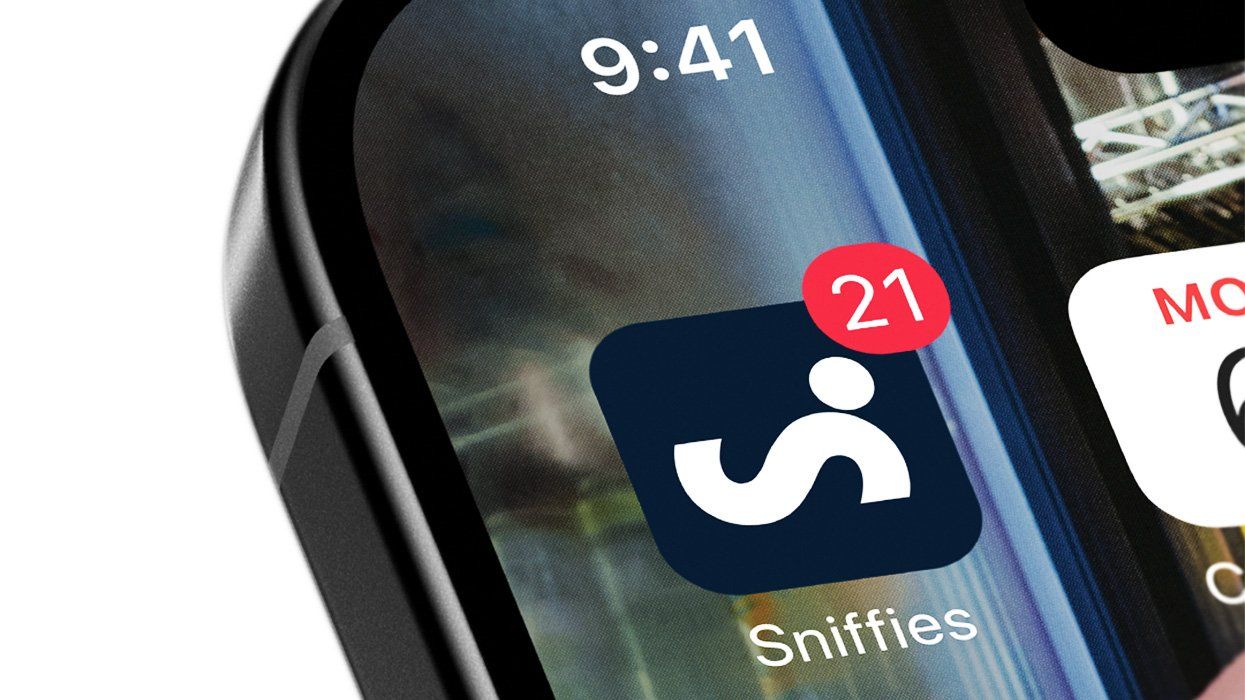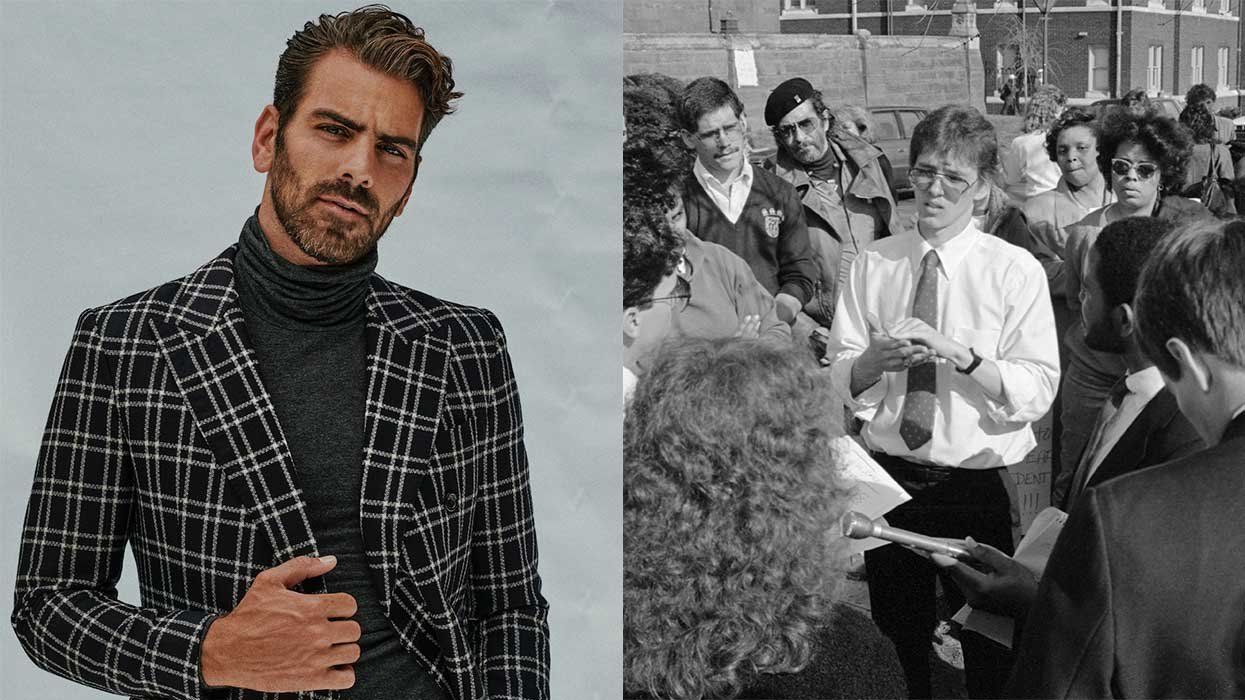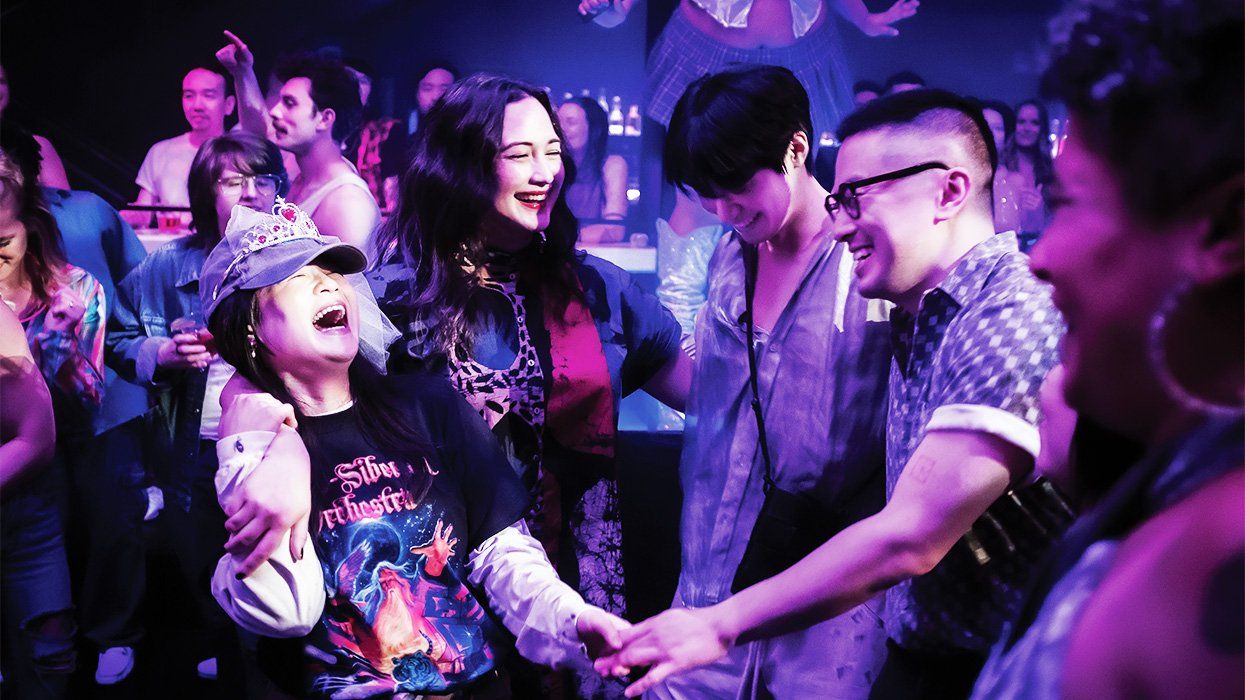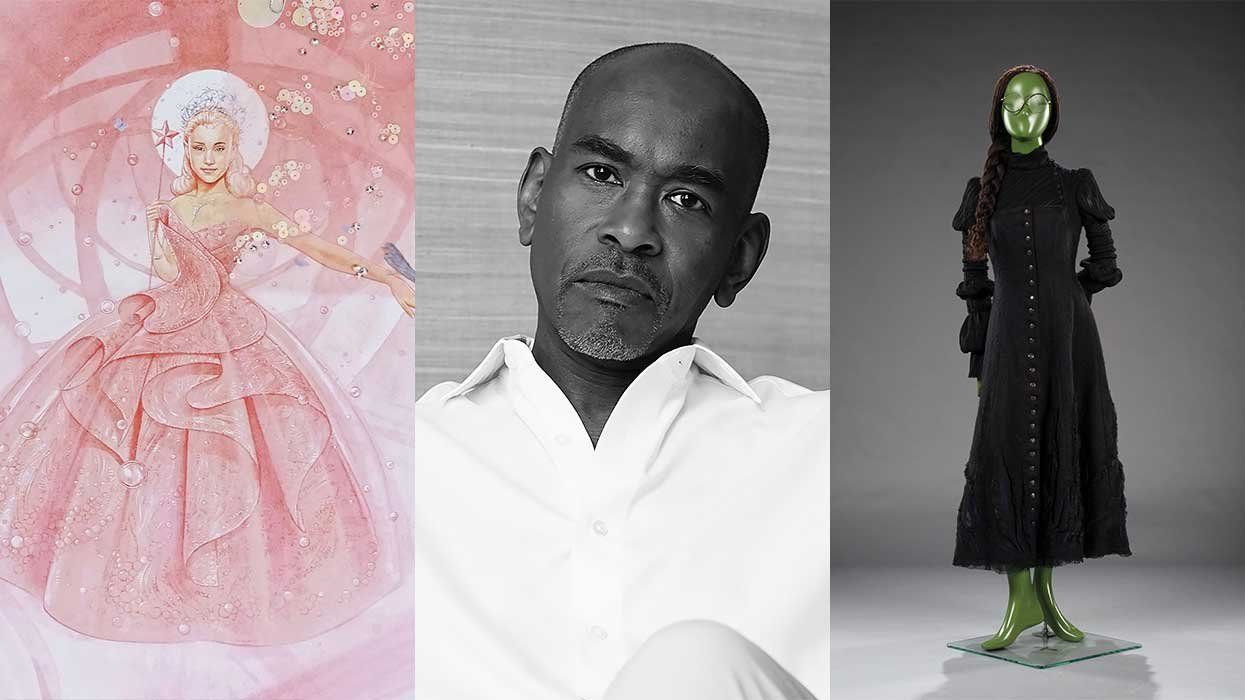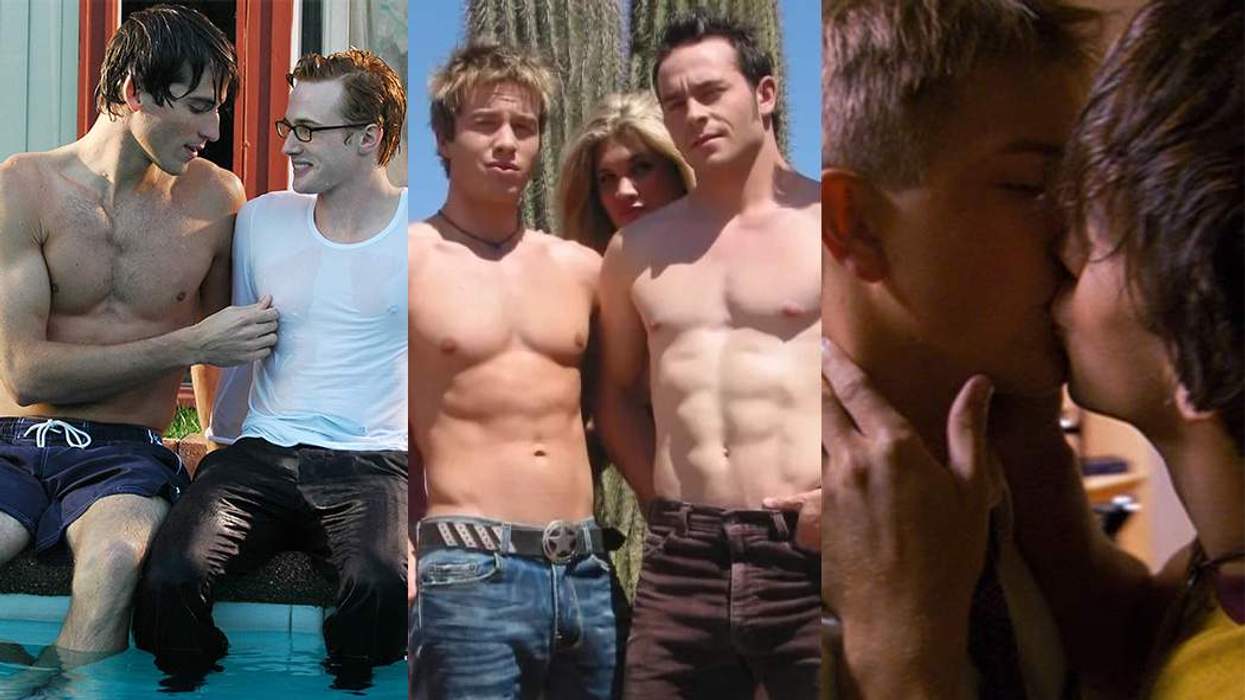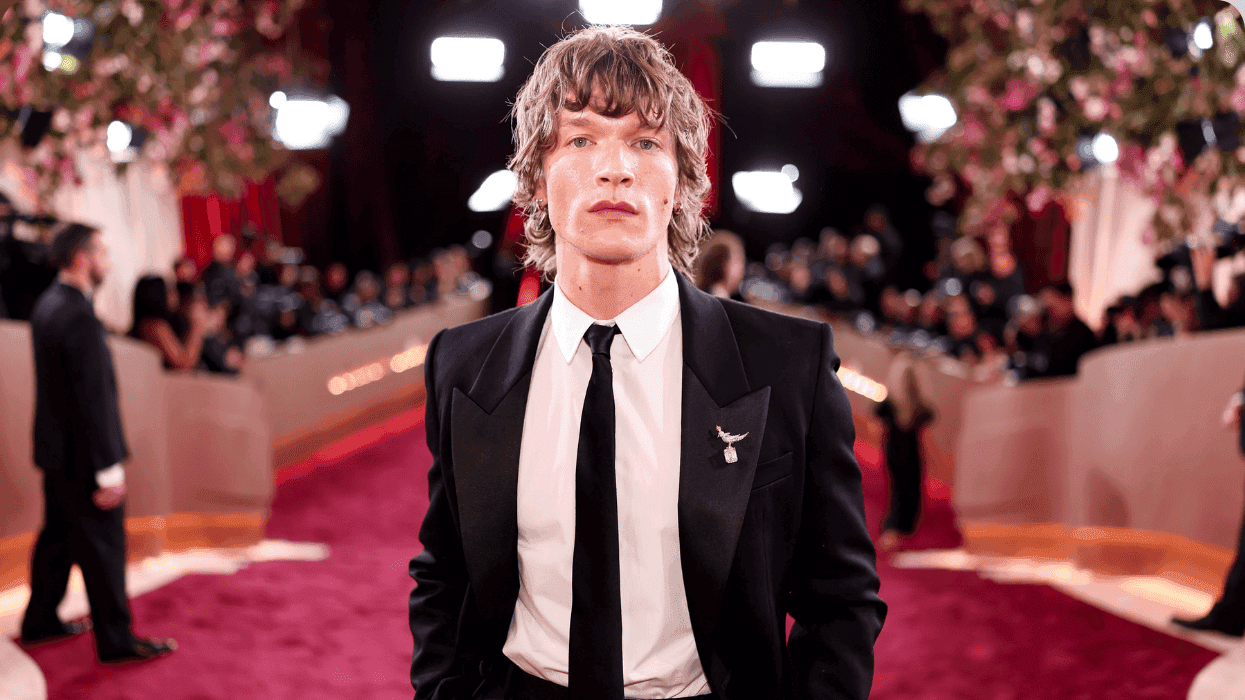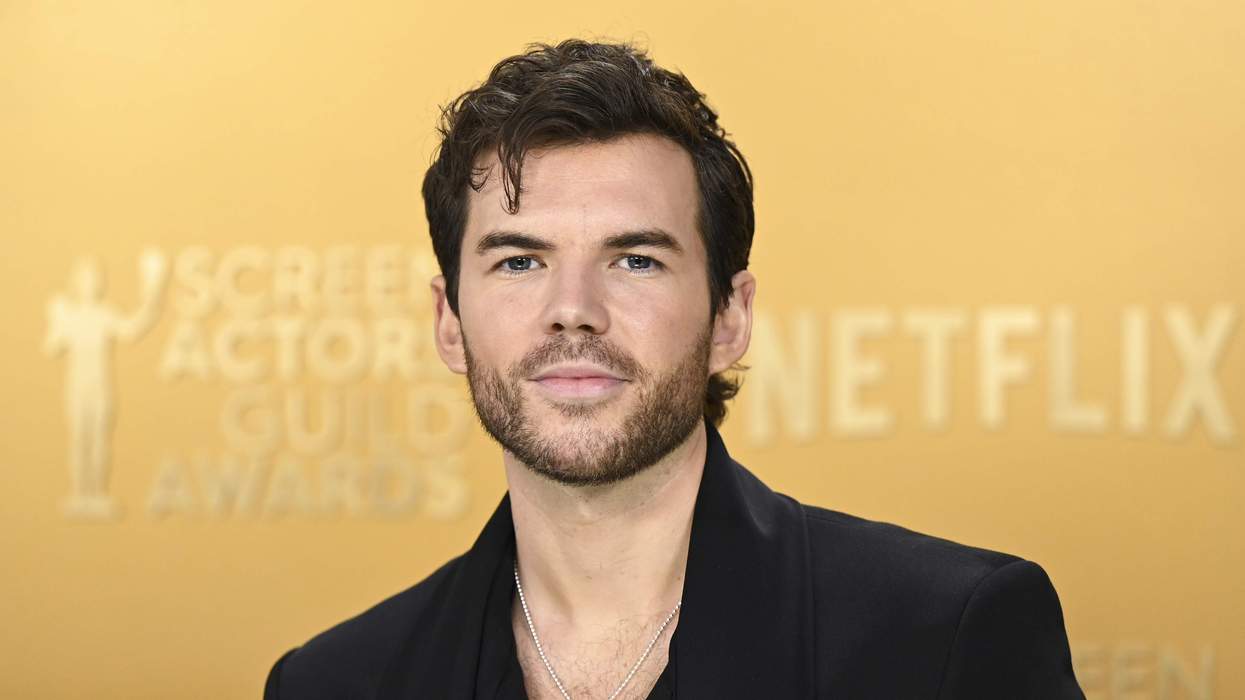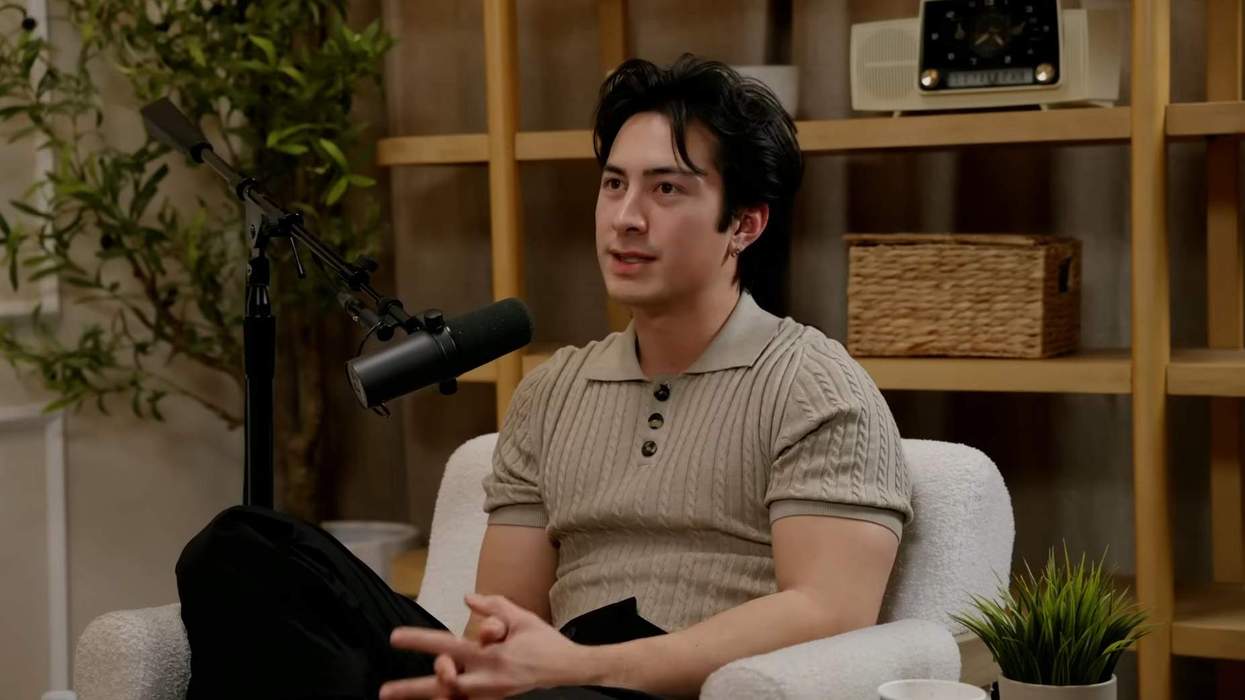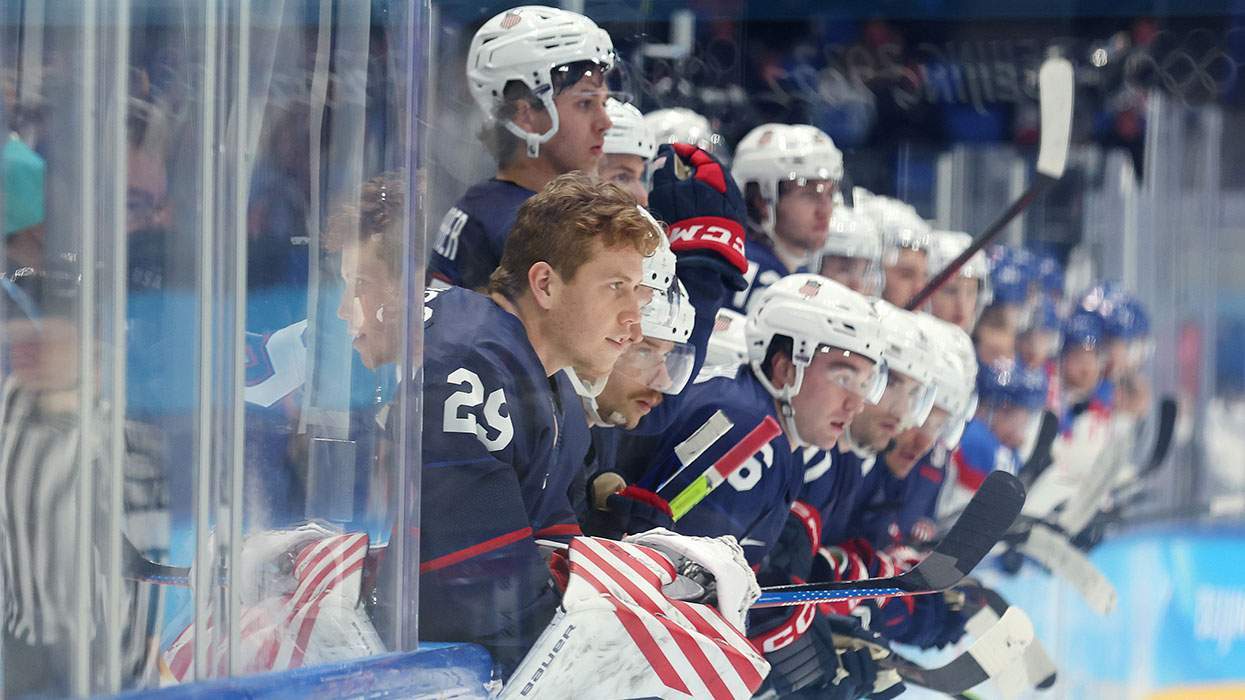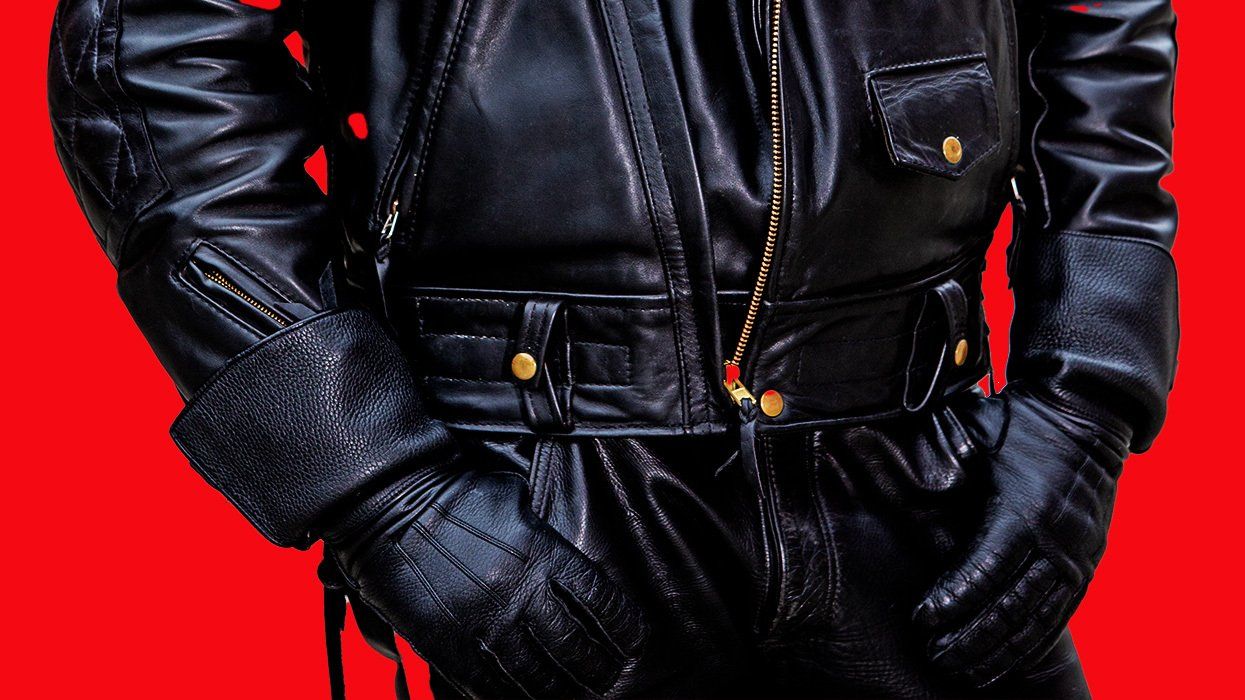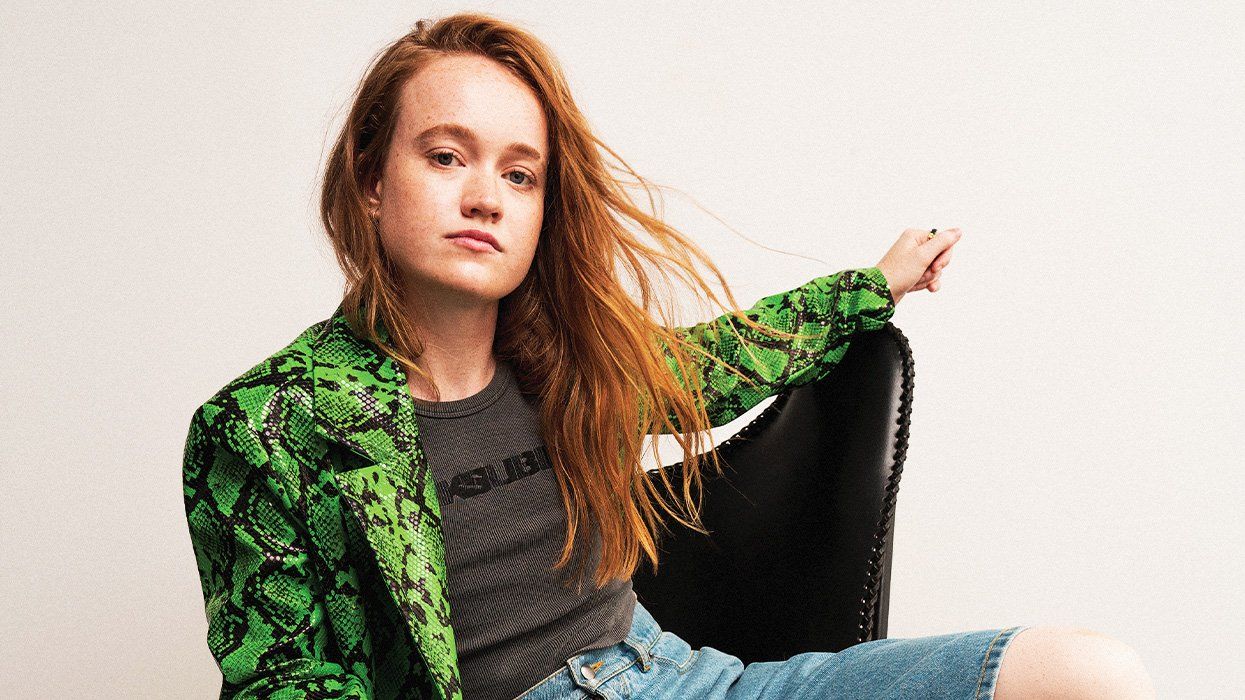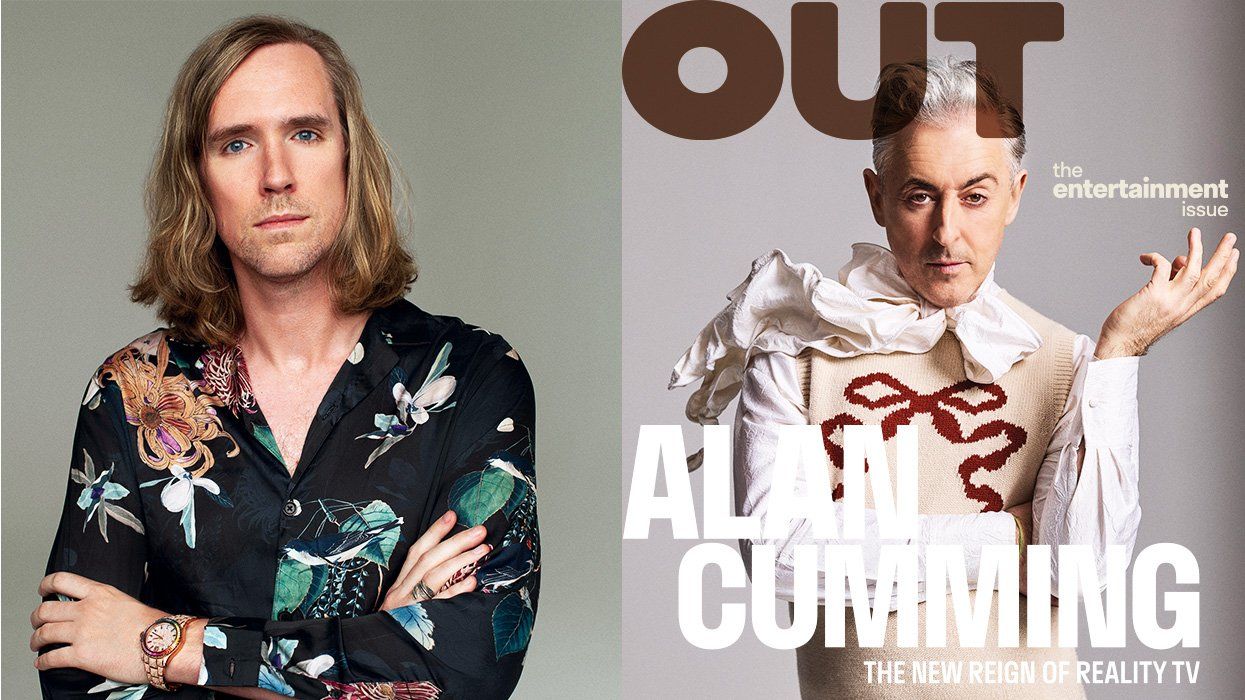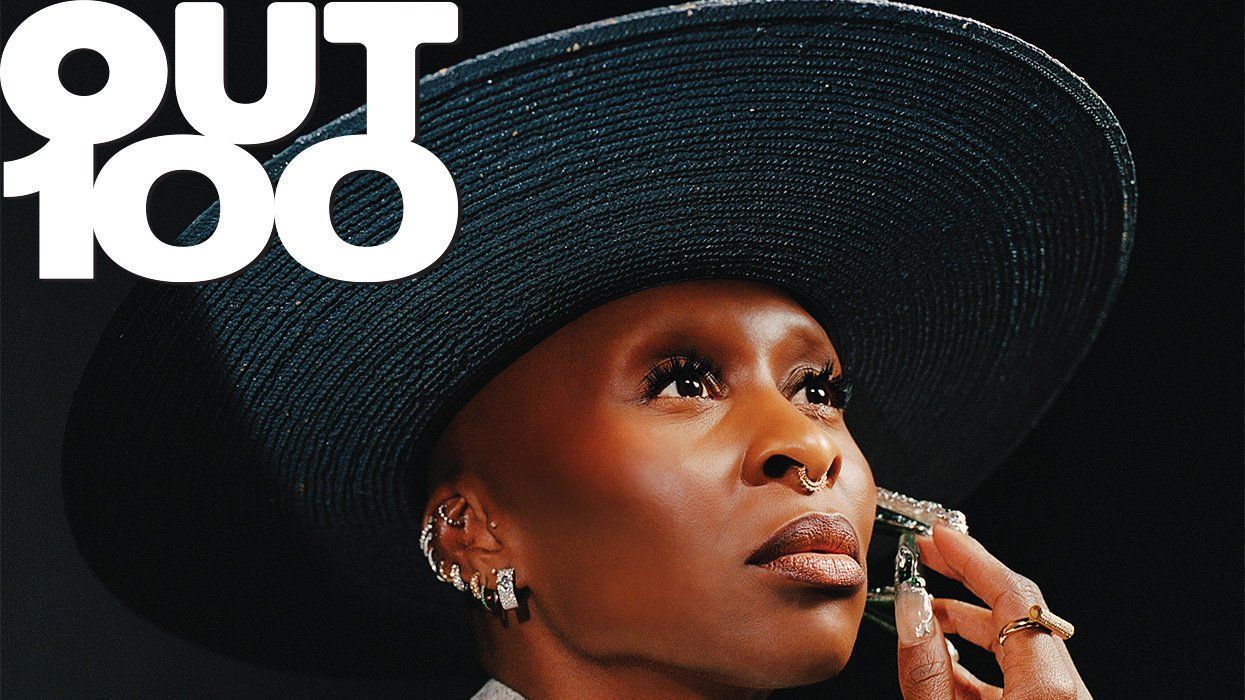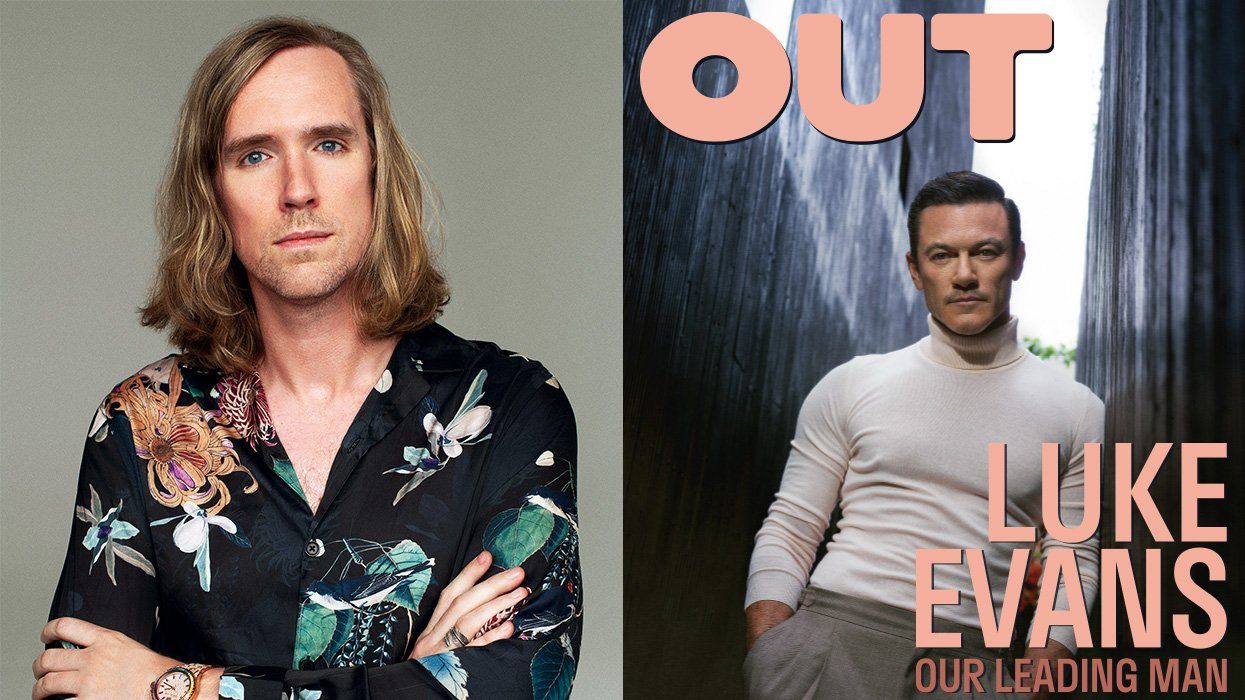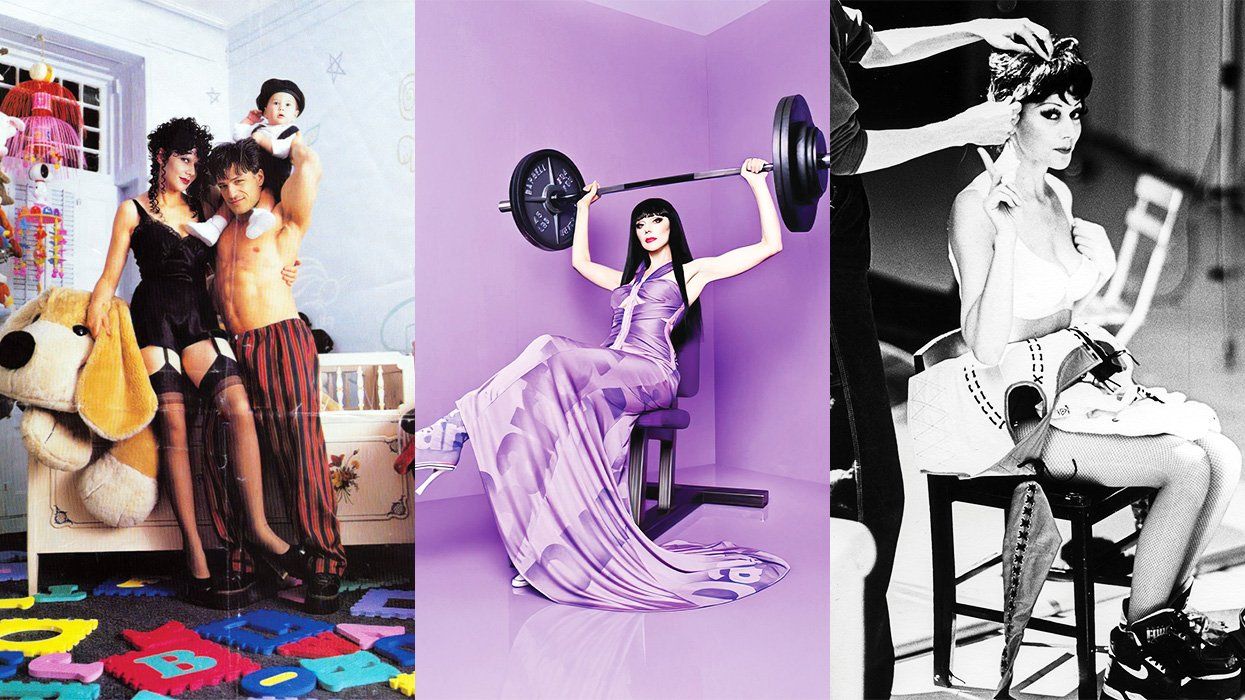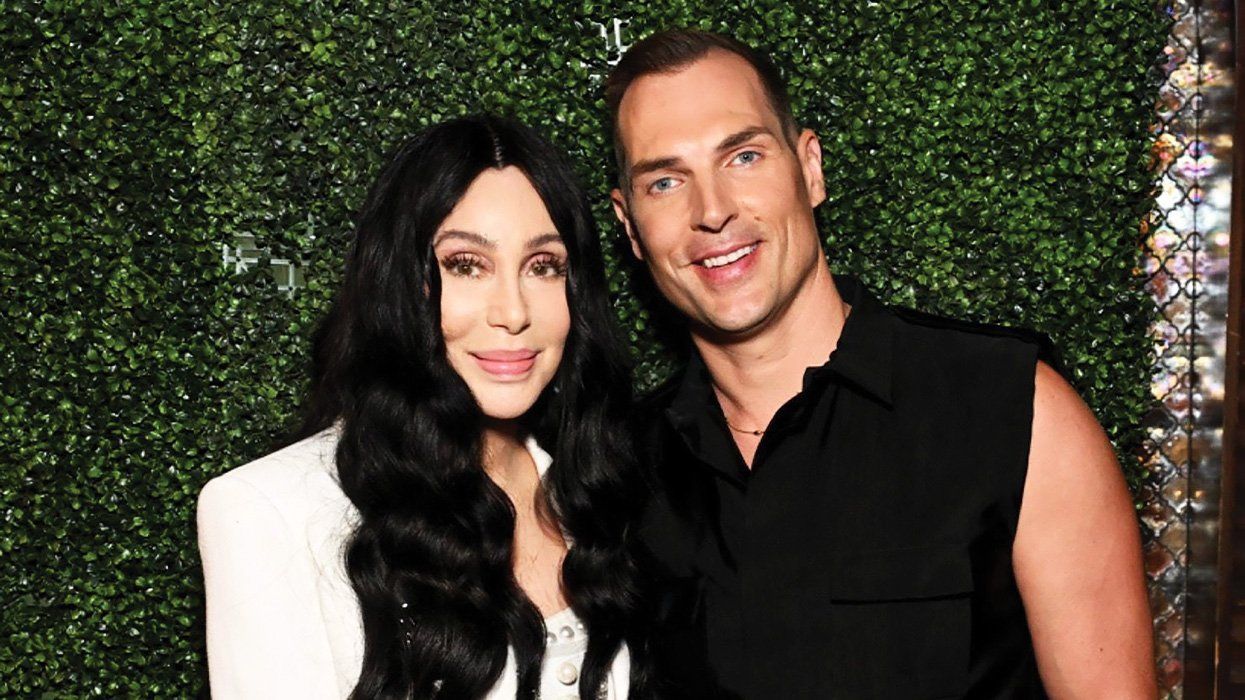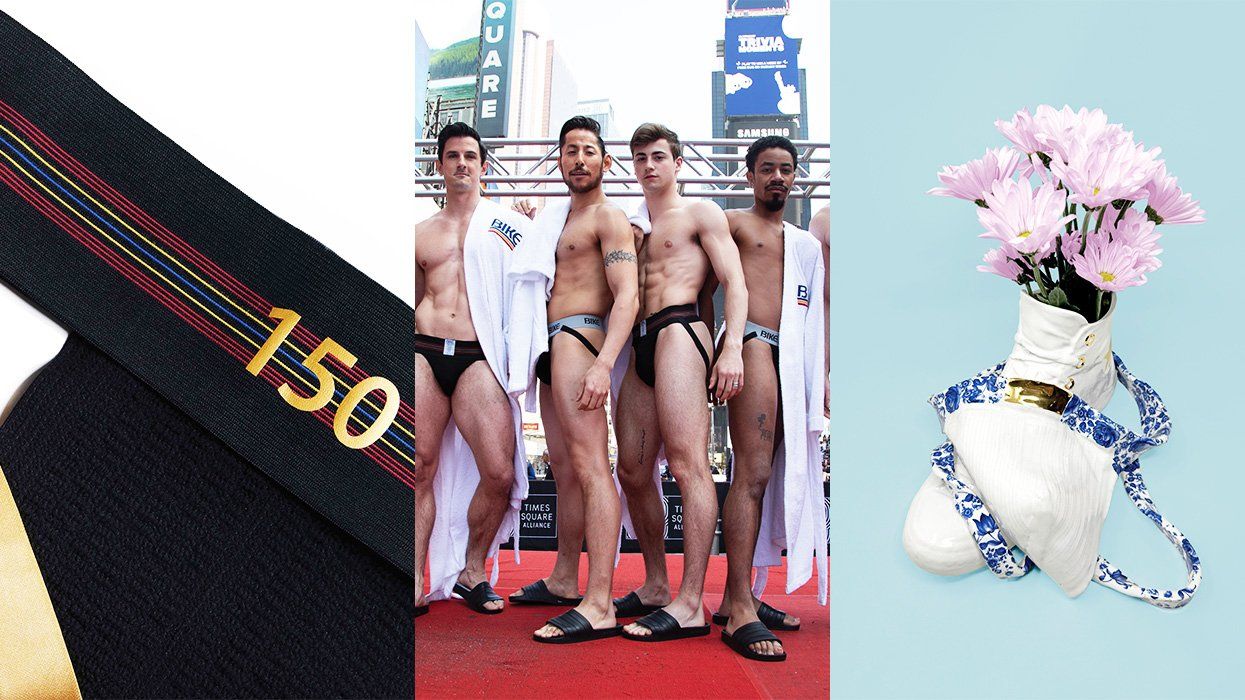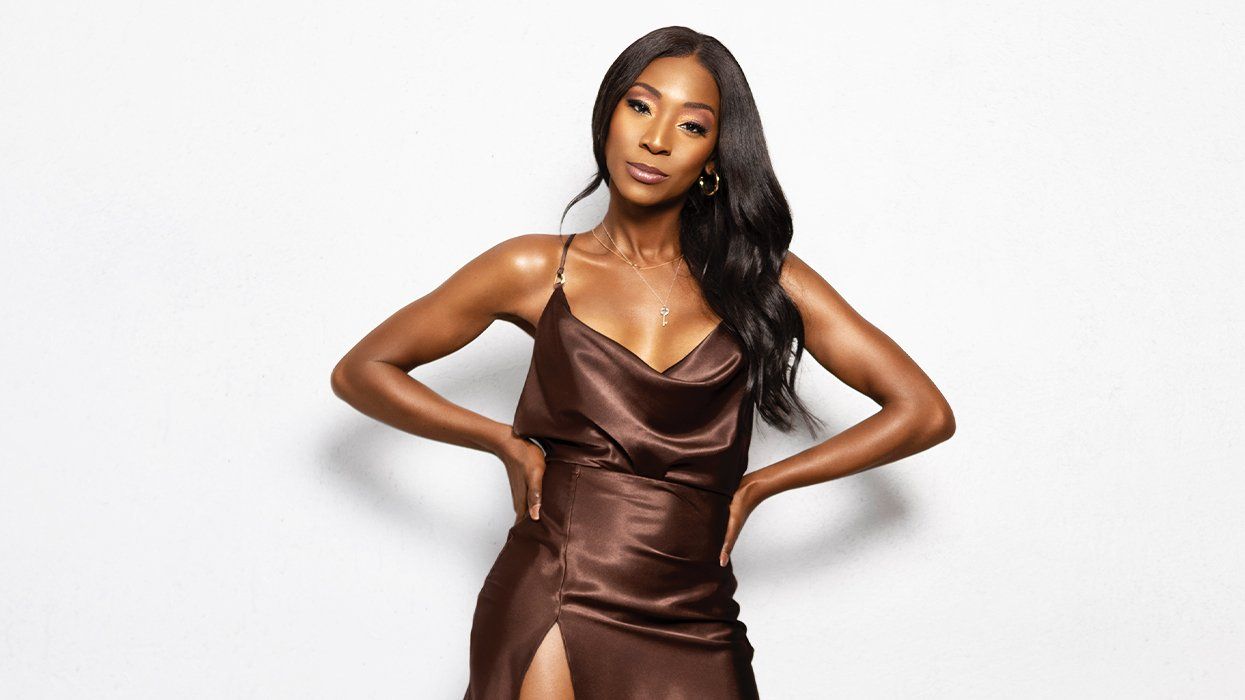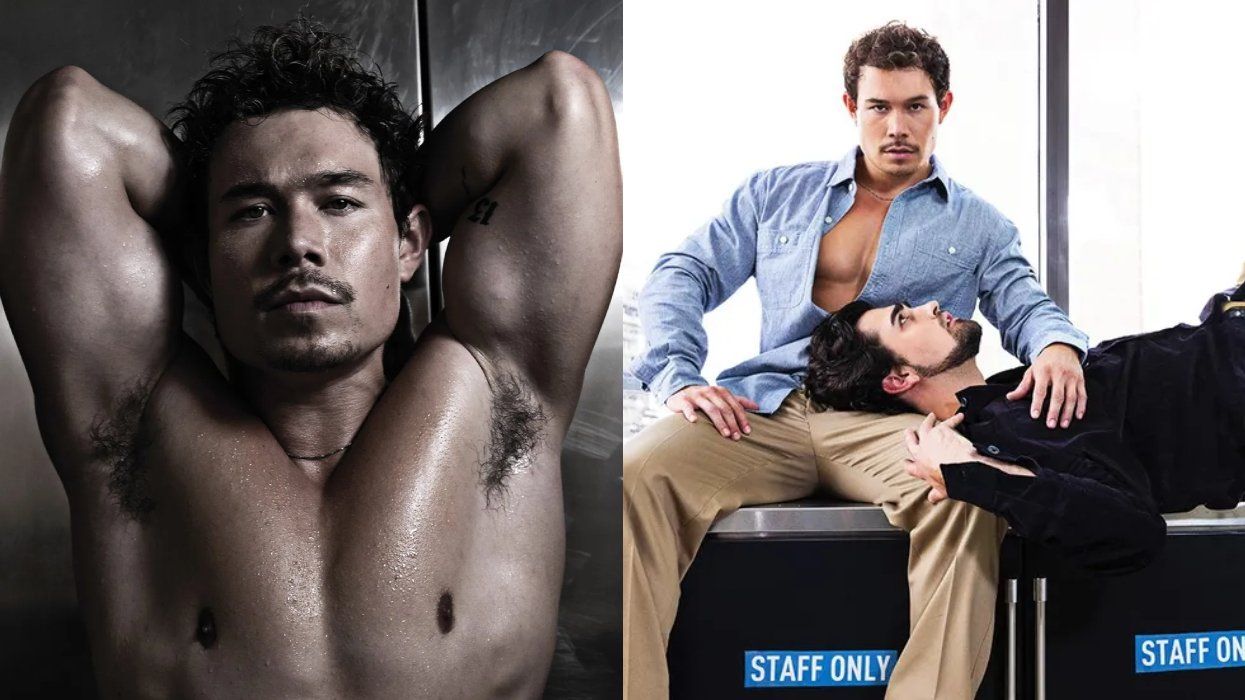It's a typical Hollywood story. A bright-eyed young man from Rockford, Illinois, makes it to Los Angeles with high hopes, big dreams, and the talent to take him all the way to the top. Not everyone can say they've had two huge blockbusters in a single summer, but if you know Joe Mantello's backstory, you'll know the actor and director is no overnight success.
Mantello's body of work in theater over the last two decades is nothing short of legendary. His award-winning performance as Louis Ironson in the original Broadway cast of Tony Kushner's Angels in America, a two-part play about HIV in 1980s New York City, is still revered and discussed in acting classes across the country. Of course, acting in the play was a prelude to what ultimately became a long and rewarding directing career.
The director's resume includes the original Broadway productions of Terrence McNally's Love! Valour! Compassion! and Frankie and Johnny in the Clair de Lune, the smash musicals Wicked and 9 to 5, the Ryan Murphy-directed film adaptation of Larry Kramer's play The Normal Heart, which Mantello starred on Broadway, and much more.
This year, Mantello entered the world of television, which he admits is still "unknown territory," in a big way, giving a breathtaking performance in Murphy's Hollywood as a closeted gay studio executive who slowly comes to terms with his sexuality. He also directed Netflix's film of Mart Crowley's groundbreaking play The Boys in the Band, about a group of gay and bisexual men who gather for a birthday party where bitchy quips explode and emotions collide. The film stars the original cast of the 2018 Broadway revival, which Mantello also directed. But, even as a young actor, Mantello had a director's eye.
"I don't know that I would have called it that at the time," he reflects. "There was always this sensibility that was outside of myself, that was looking at the whole and concerned about the whole, which was not my job." Still, for the sake of professionalism, he chose to keep his "silent opinions" about costumes and sets to himself.
Mantello still treasures lessons he learned from great directors like George C. Wolfe, who directed both parts of Angels in America: "There were certain things he did, that he gave to us as actors, that were significant and meaningful. I've carried them with me." Still, Hollywood is a long way from Manhattan, and its audience is exponentially larger than that of a tight black-box theater. It felt too far-reaching for the New York theater artist. That is, until Ryan Murphy offered him his role in Hollywood.
"I was a little baffled by it," he says humbly. "But you know, when you're around Ryan long enough, you learn to trust his instincts. He's got an impeccable eye. The main reason I did it was because he thought I could do it. That's an incredible gift for someone to give you."
Working on a long-form miniseries is different from working on a film or episodic television, which Mantello quickly learned. "We didn't have an arc of a season to look to, and so in the early scripts, I was really kind of thrown and I just kept saying to [Murphy], 'I think you've got the wrong person. I don't know how to do this. Let me give you the names of people who would do better,'" he quips. "And because he said, 'No, no, no. I'm writing this for you' and 'There is an arc to it' and 'You're going to get there, but you have to trust me. Where we're starting may be uncomfortable for you, but I know where I'm taking it.' Then he said the Carrie Fisher quote: 'Instant gratification takes too long.' Then I was like, OK. I trusted him."
Without a doubt, Mantello, a lapsed Catholic, seems to always find himself in the right place at the right time. His curiosity and moral compass have placed him alongside some of the most groundbreaking artists of the 20th century, including McNally and Crowley, both of whom died this year. He smiles remembering the night he witnessed Crowley accept the Tony Award for Best Revival of a Play for The Boys in the Band, a work that over the course of 50 years has divided the LGBTQ+ community over its portrayal of gay people. For the director, it was a reminder "to not get caught up" in what society's initial response is, adding that "we live in a world where everyone feels compelled to have an immediate response. That doesn't take into account humility."
As out LGBTQ+ people in Hollywood solidify their place in front of and behind the camera, Mantello once again is right where he belongs.
"When you have a platform like Netflix that has an international reach, you offer a story like The Boys in the Band to people who live in New York, Chicago, Los Angeles," he says. "If you live in a country or come from a religious community that still has issues [with accepting LGBTQ+ people], the story has an enormous impact on your real life. I know that when I was growing up, if I had seen nine out gay actors in a movie, it would have accelerated my own [coming out] process.
Joe Mantello is one of four cover stories for 2020's Out100 issue, which is comprised of 100 of the most influential LGBTQ+ names in music, fashion, culture, advocacy, and more. Janelle Monae's cover was revealed yesterday and the final two will release tomorrow. The full list will be released Thursday, November 19, 2020 and the issue is out on newsstands on December 1, 2020. The first-ever Out100 Virtual Honoree Induction Ceremony will be Saturday, November 21, 2020 at 8 p.m. EST. You can watch live on the Out100 Live landing page.
Shot on location in Palm Springs.
Photography by Luke Fontana | Hair by Adrien Alcantar | Styled by Max Cadillac.
Cover look: suit by topman | shirt and shoes are Joe's own | watch by Tom Ford | sunglasses by Raen. Black corduroy suit is Joe's own. Purple jacket is Joe's own with a shirt from Zara. Patterned short-sleeve and shorts are Joe's own.


